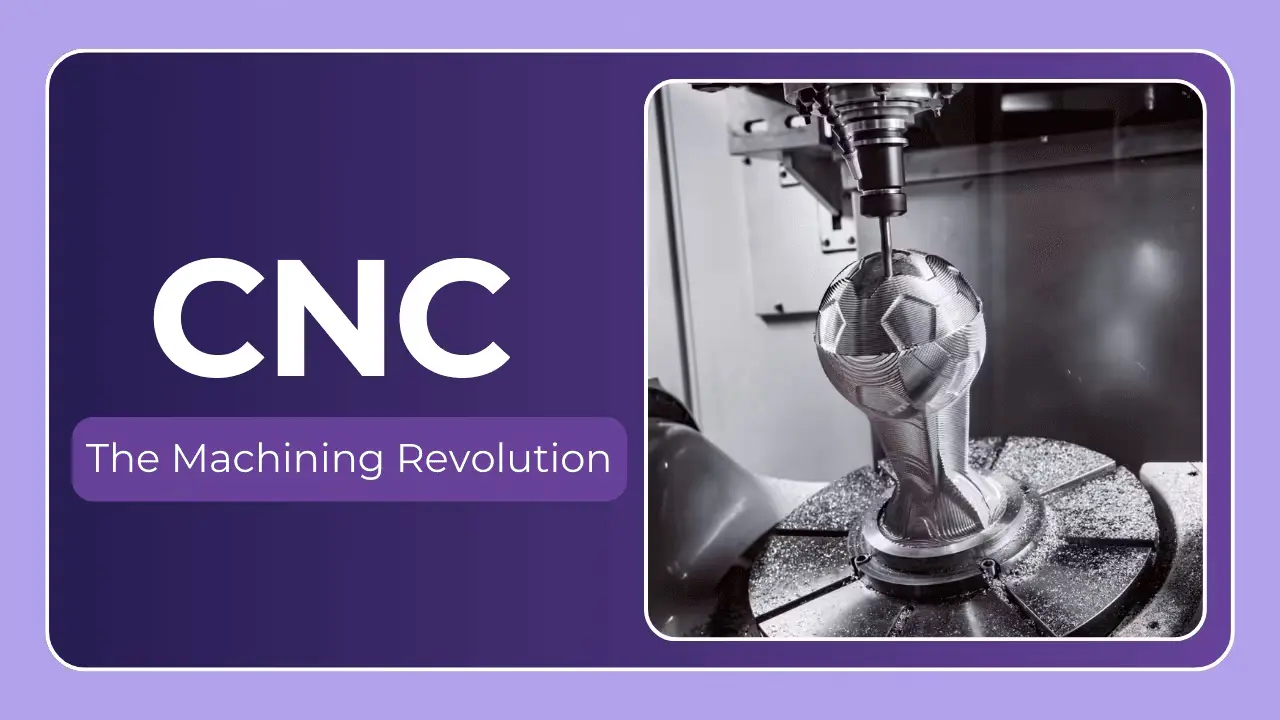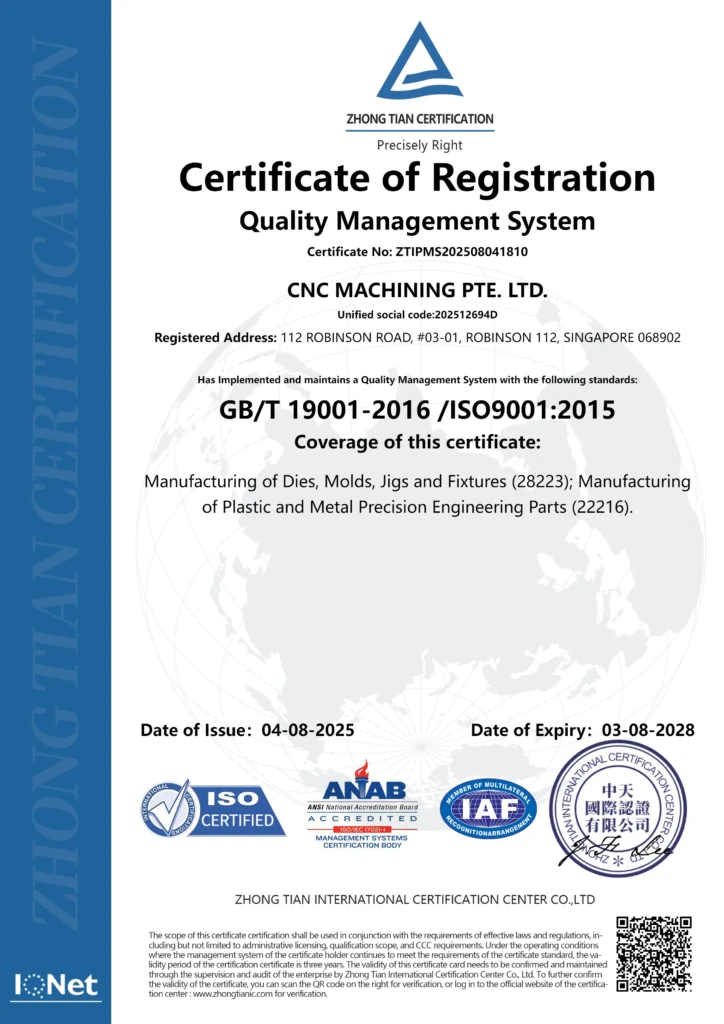Navigating the world of CNC machining can feel like stepping into a complex workshop filled with jargon and intricate processes. But understanding the fundamentals and knowing what to look for in a CNC machining service provider can streamline your project and ensure you receive high-quality parts, on time and within budget. This guide will walk you through the key aspects of CNC Machining Service Guide, empowering you to make informed decisions and achieve optimal results.
Understanding CNC Machining Service Guide
CNC, or Computer Numerical Control, machining is a subtractive manufacturing process where pre-programmed computer software dictates the movement of factory tools and machinery. This allows for highly accurate and repeatable production of parts with complex geometries, using a wide range of materials. Unlike traditional machining which relies on manual operation, CNC allows for automated, precise material removal, resulting in superior accuracy, efficiency, and consistency.
The CNC Machining Process: A Step-by-Step Overview
-
- CAD Design: The process begins with a Computer-Aided Design (CAD) model of the desired part. This digital blueprint defines the part’s geometry, dimensions, and tolerances. Software like SolidWorks, AutoCAD, and CATIA are commonly used.
-
- CAM Programming: The CAD design is then imported into a Computer-Aided Manufacturing (CAM) software. The CAM software translates the 3D model into a set of instructions that the CNC machine can understand. This involves defining the cutting paths, tool selection, speeds, feeds, and other machining parameters.
-
- Machine Setup: Based on the CAM program, the machinist will set up the CNC machine. This includes securing the raw material (stock) onto the machine bed, selecting and installing the appropriate cutting tools, and verifying machine calibration.
-
- Machining Execution: The CNC machine executes the instructions from the CAM program, precisely moving the cutting tools to remove material from the stock. This process can involve various machining operations, such as milling, turning, drilling, and grinding.
-
- Quality Control: Throughout the machining process, and especially upon completion, rigorous quality control measures are implemented. This includes dimensional inspections, surface finish checks, and other tests to ensure the part meets the specified requirements and tolerances. Tools like calipers, micrometers, coordinate measuring machines (CMMs), and optical comparators are commonly used.
-
- Post-Processing (Optional): Depending on the application, the machined part may undergo post-processing steps such as deburring, polishing, plating, painting, or heat treatment to enhance its properties or aesthetics.
Key Considerations When Choosing a CNC Machining Service
Selecting the right CNC machining service is crucial for the success of your project. Here are several factors to consider:
-
- Machining Capabilities: Does the provider have the right types of CNC machines to handle your project’s complexity? This includes the number of axes (e.g., 3-axis, 4-axis, 5-axis), machine size, and material capabilities. A 5-axis machine, for instance, allows for more intricate geometries and faster turnaround times compared to a 3-axis machine. CNC MACHINING PTE. LTD, with its advanced five-axis CNC machining equipment, positions itself well to handle demanding projects.
-
- Material Expertise: Not all CNC machining services can work with every material. Ensure the provider has experience machining the specific material required for your part, be it aluminum, stainless steel, titanium, plastics, or other alloys. Understanding material properties, such as hardness, tensile strength, and machinability, is crucial for achieving optimal results.
-
- Tolerance Capabilities: Precision is paramount in CNC machining. Verify that the provider can consistently meet the required tolerances for your parts. Ask about their typical tolerance ranges and their ability to achieve tighter tolerances when necessary.
-
- Quality Control Processes: A robust quality control system is essential to ensure parts meet specifications and are free from defects. Inquire about the provider’s inspection procedures, the equipment they use, and their commitment to quality standards like ISO 9001.
-
- Turnaround Time: Consider the provider’s lead times and ability to meet your deadlines. Factors such as machine availability, material sourcing, and complexity of the part can influence turnaround time.
-
- Pricing Structure: Obtain detailed quotes that outline all costs, including machining, materials, setup, and any post-processing services. Understand how pricing is calculated and whether there are any potential hidden fees.
-
- Communication and Customer Service: Clear communication is essential throughout the entire process. Choose a provider that is responsive, provides regular updates, and is willing to address your questions and concerns.
-
- Post-Processing Services: As CNC MACHINING PTE. LTD highlights, one-stop post-processing and finishing services can save you time and money. If your project requires additional treatments like anodizing, powder coating, or heat treatment, consider a provider that offers these services in-house or through trusted partners.
Common CNC Machining Operations
-
- Milling: A versatile process that uses rotating cutting tools to remove material from a workpiece. Milling can be used to create a wide range of features, including pockets, slots, and complex 3D shapes.
-
- Turning: A process where the workpiece rotates while a stationary cutting tool removes material. Turning is typically used to create cylindrical parts, such as shafts, spindles, and bolts.
-
- Drilling: A process that uses rotating drill bits to create holes in a workpiece.
-
- Grinding: A highly precise process that uses abrasive wheels to remove small amounts of material from a workpiece, resulting in smooth surfaces and tight tolerances.
Materials Commonly Used in CNC Machining
-
- Aluminum: Lightweight, strong, and corrosion-resistant, making it suitable for a wide range of applications.
-
- Stainless Steel: Durable, corrosion-resistant, and hygienic, commonly used in medical, food processing, and aerospace industries.
-
- Steel: Offers high strength and durability for demanding applications.
-
- Titanium: High strength-to-weight ratio and excellent corrosion resistance, ideal for aerospace and medical implants.
-
- Plastics: Versatile, lightweight, and cost-effective, commonly used for prototyping and low-volume production. Examples include ABS, PC, and nylon.
The Importance of Precision in CNC Machining
Precision is the defining characteristic of CNC machining. The level of accuracy achievable with CNC machines allows for the creation of parts with tight tolerances and complex geometries. This precision is essential in industries where even slight deviations can have significant consequences, such as aerospace, medical devices, and automotive engineering.
Future Trends in CNC Machining
The field of CNC machining is constantly evolving, driven by advancements in technology and changing market demands. Some key trends include:
-
- Artificial Intelligence (AI) and Machine Learning (ML): AI and ML are being integrated into CNC machines to optimize cutting parameters, predict tool wear, and improve overall efficiency.
-
- Automation: Increased automation is leading to faster production times, reduced labor costs, and improved consistency.
-
- Multi-Axis Machining: The growing adoption of multi-axis machines allows for the creation of even more complex parts in a single setup, reducing the need for multiple operations.
-
- Additive Manufacturing (3D Printing) Integration: Hybrid machines that combine additive and subtractive manufacturing processes are enabling the creation of parts with complex internal structures and customized features.
Conclusion
CNC machining service provides essential method in modern manufacturing, offering unparalleled precision, efficiency, and versatility. By understanding the fundamentals of the CNC machining process, carefully selecting a qualified provider, and staying informed about emerging trends, you can leverage the power of CNC machining to bring your product ideas to life. CNC MACHINING PTE. LTD aims to solves metal parts manufacturing problems, and also provide one-stop post-processing and finishing services might be a ideal choice for your needs. Remember to always prioritize communication, quality control, and a clear understanding of your project’s requirements to achieve the best possible results.




